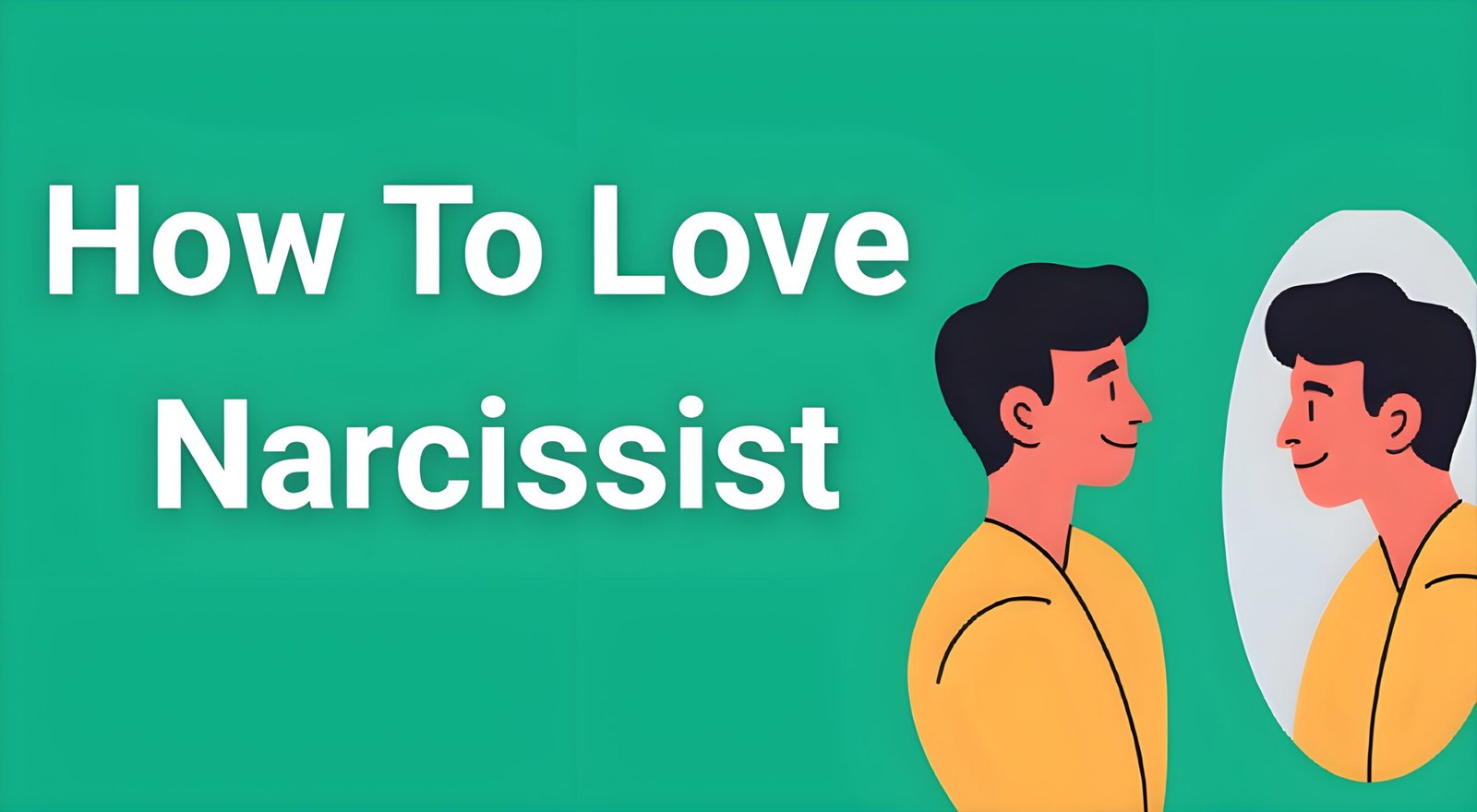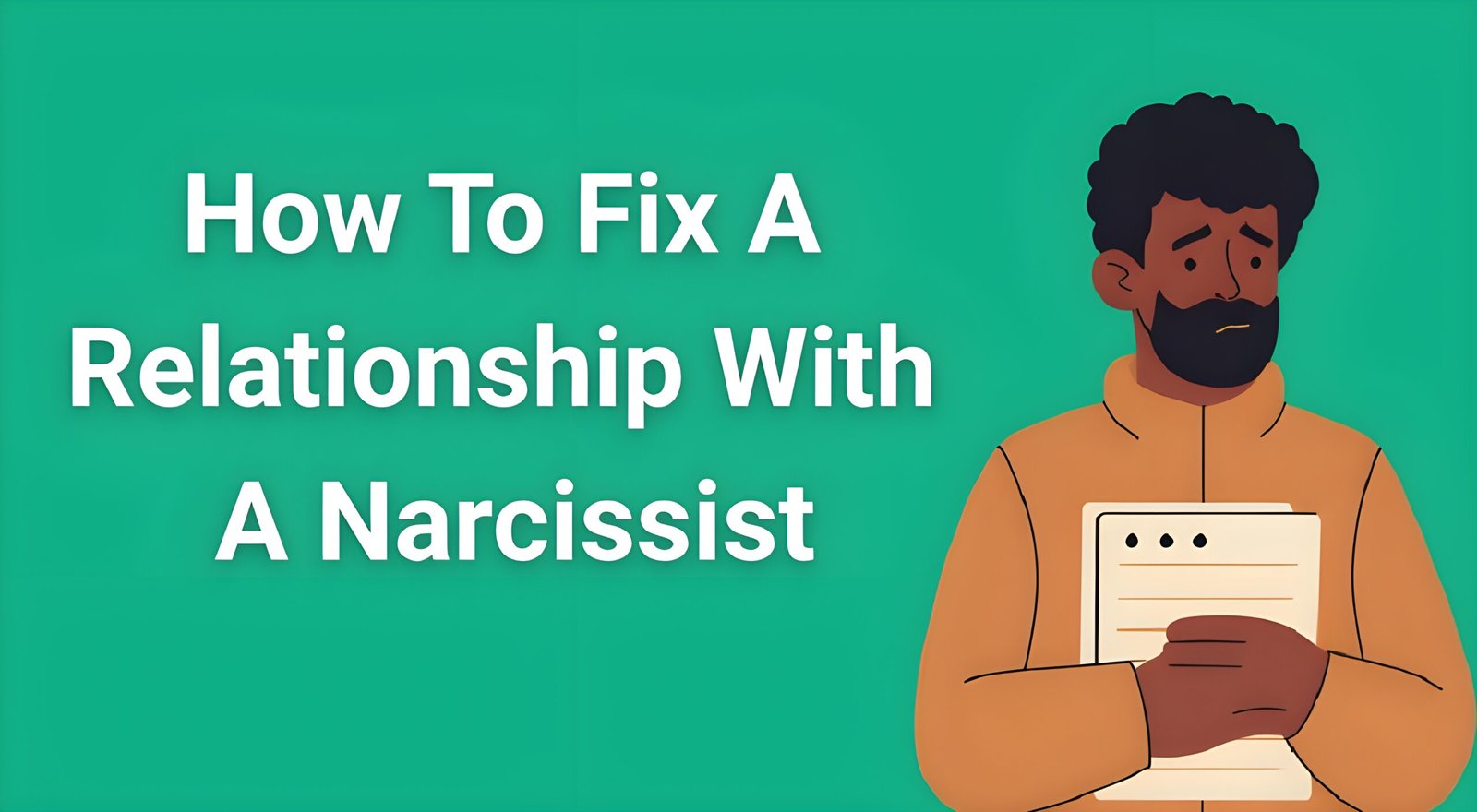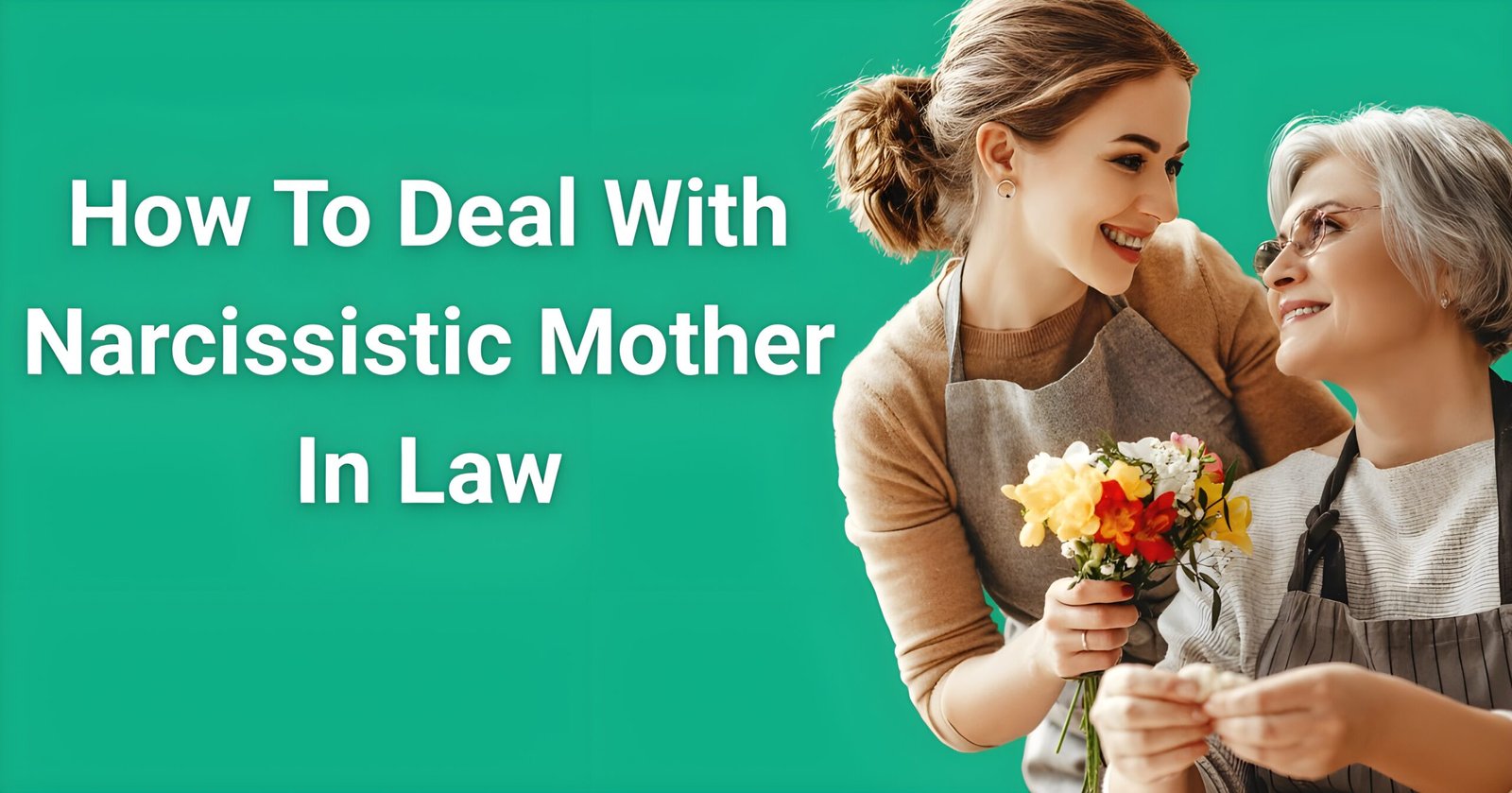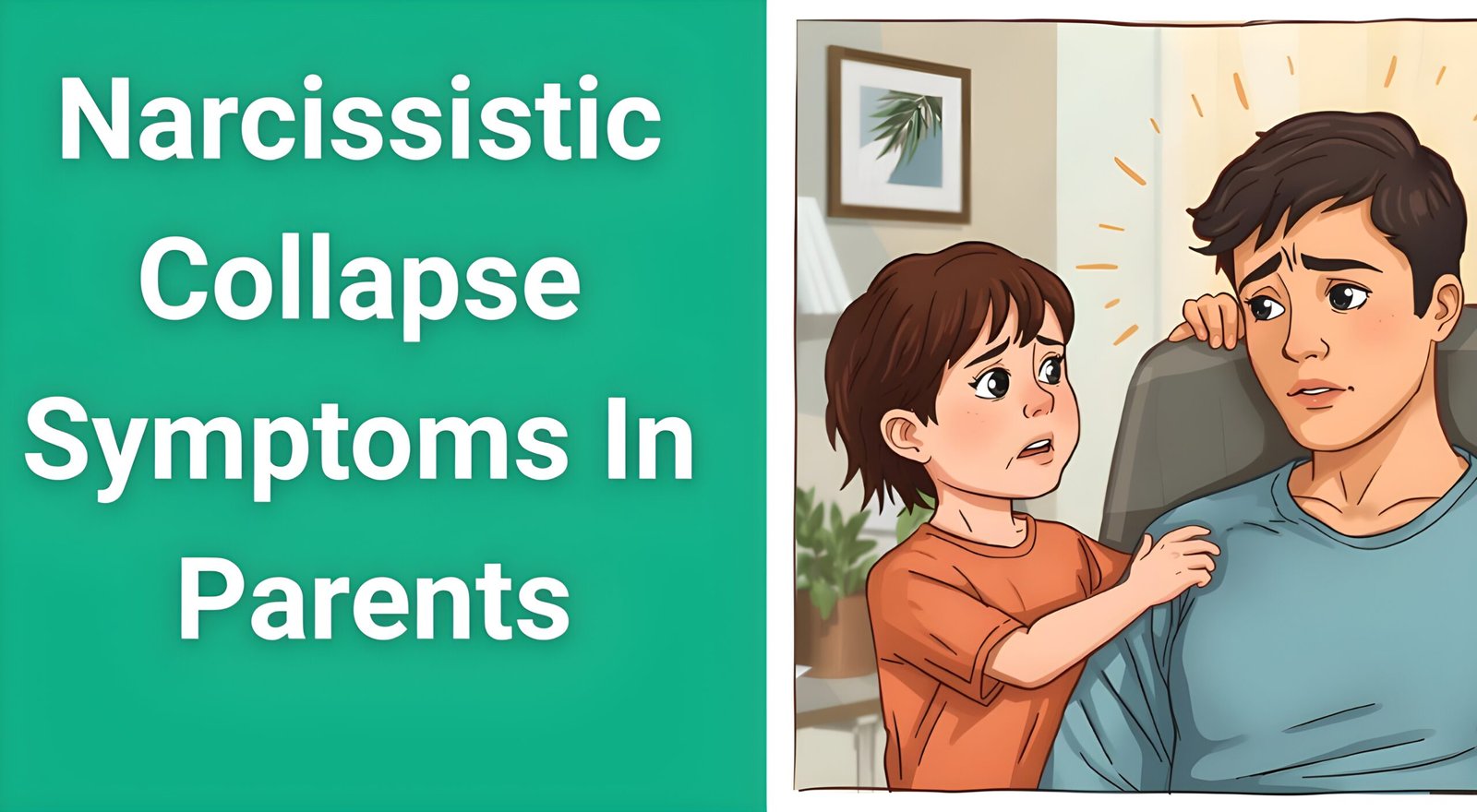If you’re searching for guidance on how to love narcissist, you’re likely experiencing one of the most emotionally complex situations imaginable. The person you care about displays charming, loving behavior one moment, then becomes cold, critical, or manipulative the next. You’re not alone in wondering whether true love can bridge this gap, and you deserve honest answers about what loving someone with narcissistic traits really means.
- Understanding the Narcissistic Personality: Why Love Feels Impossible
- Truth #1: Your Love Cannot Heal Their Core Wounds
- Truth #2: The Trauma Bond Mimics Real Love
- Truth #3: Setting Boundaries Triggers Narcissistic Rage
- Truth #4: They Cannot Provide the Emotional Safety You Crave
- Truth #5: Your Reality Will Be Constantly Questioned
- Truth #6: Professional Help Becomes Essential for Survival
- Truth #7: Leaving May Be the Healthiest Expression of Love
- Breaking Free: When Love Means Letting Go
- Recovery and Rebuilding: Reclaiming Your Identity
- Protecting Yourself: Safety Planning and Support
- When Professional Analysis Provides Clarity
- Frequently Asked Questions
- Conclusion: Choosing Love That Heals
The reality about how to love narcissist isn’t what most relationship advice suggests. While conventional wisdom tells us that love conquers all, narcissistic relationships operate by entirely different rules. Understanding these dynamics isn’t about giving up hope—it’s about protecting your emotional wellbeing while making informed decisions about your relationship.
Understanding the Narcissistic Personality: Why Love Feels Impossible
When learning how to love narcissist, the first truth you must understand is that narcissistic personality patterns fundamentally alter how someone experiences relationships. Unlike typical relationship challenges that involve two people working through differences, narcissistic dynamics create a one-sided emotional experience where your needs consistently become secondary.
Narcissistic individuals often struggle with genuine empathy, which forms the foundation of healthy love. They may appear caring during the idealization phase, but this behavior typically serves their own emotional needs rather than expressing authentic concern for yours. This doesn’t mean they’re inherently evil—many narcissistic traits develop as protective mechanisms from early trauma or emotional wounds.
However, recognizing this pattern helps explain why traditional relationship strategies fail when applied to narcissistic dynamics. You cannot love someone into developing empathy they don’t naturally possess, nor can you sacrifice enough of yourself to fill their emotional void.
Truth #1: Your Love Cannot Heal Their Core Wounds
The most painful reality about how to love narcissist involves accepting that your devotion, patience, and sacrifices cannot heal their deepest emotional injuries. Many people enter these relationships believing that consistent love will eventually break through their partner’s defenses and create lasting change.
Narcissistic patterns typically stem from profound early experiences that shaped their fundamental view of relationships and self-worth. These core beliefs developed over years or decades, often as survival mechanisms during childhood. While therapeutic intervention can sometimes help narcissistic individuals develop greater self-awareness, this healing must come from within—no external source of love can provide this transformation.
This truth doesn’t diminish your worth or the strength of your feelings. It simply acknowledges that healing narcissistic wounds requires professional intervention and the individual’s genuine commitment to change. Your love, no matter how pure or persistent, cannot substitute for this internal work.
Understanding this boundary protects you from the exhausting cycle of trying harder, giving more, and wondering why your efforts never seem sufficient. When you recognize that their emotional patterns exist independently of your actions, you can begin making decisions based on reality rather than hope.
Truth #2: The Trauma Bond Mimics Real Love
One of the most confusing aspects of learning how to love narcissist involves distinguishing between genuine love and trauma bonding. The intermittent reinforcement pattern—periods of cruelty followed by affection—creates powerful biochemical responses that can feel like intense love but actually represent neurological addiction.
Trauma bonds develop when your nervous system becomes conditioned to the cycle of tension and relief that characterizes narcissistic relationships. During moments of kindness or attention, your brain releases dopamine and oxytocin, creating temporary euphoria that contrasts sharply with periods of emotional withdrawal or criticism.
This biochemical rollercoaster can feel more intense than stable, healthy love because your nervous system remains in a constant state of hypervigilance. You become addicted to the relief and validation that follows periods of stress, mistaking this intensity for deep connection.
Recognizing trauma bonding helps explain why leaving feels impossible despite recognizing the relationship’s toxicity. Your brain literally believes you need this person for survival, making rational decision-making extremely difficult. Professional support can help you understand these patterns and develop strategies for breaking free from this cycle.
Truth #3: Setting Boundaries Triggers Narcissistic Rage
Learning how to love narcissist while protecting yourself requires establishing clear boundaries, but this often provokes intense negative reactions. Narcissistic individuals typically interpret boundaries as personal attacks or attempts to control them, leading to escalated conflict or punishment behaviors.
When you attempt to set limits—such as refusing to accept blame for their emotions or requiring respectful communication—they may respond with rage, silent treatment, gaslighting, or threats. These reactions can be so intense that many people abandon their boundaries to restore peace, inadvertently reinforcing the cycle.
However, maintaining boundaries becomes essential for your psychological survival in these relationships. Without clear limits, you risk losing your sense of identity and self-worth as you continuously adapt to their changing demands and emotional states.
Effective boundary-setting with narcissistic individuals requires consistency, emotional detachment, and often external support. You must prepare for negative reactions while remaining committed to protecting your wellbeing, regardless of their response.
Truth #4: They Cannot Provide the Emotional Safety You Crave
A fundamental component of healthy love involves emotional safety—the ability to be vulnerable without fear of judgment, manipulation, or retaliation. Unfortunately, narcissistic individuals typically cannot provide this safety because they view relationships as competitive rather than collaborative.
When you share your fears, insecurities, or needs with someone displaying narcissistic traits, this vulnerability often becomes ammunition for future arguments or manipulation tactics. Information you share during intimate moments may be used against you during conflicts, making genuine emotional intimacy feel dangerous.
This dynamic prevents the deep emotional connection that characterizes healthy love. Instead of feeling safe to be authentic, you learn to edit yourself, walking on eggshells to avoid triggering their criticism or withdrawal. Over time, this hypervigilance erodes your sense of self and creates chronic anxiety.
Understanding this limitation helps explain why the relationship never feels truly secure, regardless of how much effort you invest. Emotional safety requires empathy and emotional regulation skills that narcissistic individuals often lack, making authentic intimacy extremely challenging to achieve.
Truth #5: Your Reality Will Be Constantly Questioned
One of the most damaging aspects of learning how to love narcissist involves the ongoing assault on your perception of reality. Gaslighting—the systematic undermining of your memory, perceptions, and experiences—becomes a primary tool for maintaining control in narcissistic relationships.
You may find yourself constantly second-guessing your memories of conversations, questioning whether your emotional reactions are reasonable, or wondering if you’re “too sensitive” when addressing legitimate concerns. This psychological manipulation serves to maintain their position of power while keeping you dependent on their version of reality.
Over time, this pattern erodes your confidence in your own judgment, making it increasingly difficult to trust your instincts about the relationship’s health. You may find yourself defending their behavior to friends and family or making excuses for treatment you would never accept from anyone else.
Protecting your sanity requires documenting important conversations, maintaining connections with trusted friends who can provide reality checks, and learning to trust your emotional responses even when they’re challenged or dismissed.
Truth #6: Professional Help Becomes Essential for Survival
Successfully navigating how to love narcissist without losing yourself requires professional guidance and support. The psychological complexity of these relationships exceeds what most people can manage alone, particularly when trauma bonding clouds your judgment about the relationship’s health.
Therapists specializing in narcissistic abuse can help you understand the dynamics you’re experiencing, develop coping strategies, and make informed decisions about your future. They provide the objective perspective that becomes impossible to maintain when you’re emotionally invested in the relationship.
Professional support also helps address the shame and self-doubt that typically accompany these relationships. Many people blame themselves for their partner’s behavior or believe they should be strong enough to handle the situation independently. Therapy helps normalize your experiences while providing practical tools for protection and healing.
If you’re struggling to understand exactly what you’re experiencing, consider seeking a comprehensive analysis of your specific situation. Professional evaluation can provide clarity about whether you’re dealing with narcissistic patterns and help you develop appropriate response strategies.
Truth #7: Leaving May Be the Healthiest Expression of Love
The most difficult truth about how to love narcissist involves recognizing when leaving becomes the most loving choice—for both yourself and potentially for them. Staying in a dysfunctional dynamic often enables harmful patterns while preventing both parties from pursuing healthier relationships.
When you continuously accommodate narcissistic behavior, you inadvertently reinforce these patterns while slowly destroying your own mental health. This dynamic serves neither person’s long-term wellbeing, even though leaving feels like abandonment or failure.
Sometimes the most loving act involves refusing to participate in destructive patterns, even when this means ending the relationship. This boundary may be the only consequence severe enough to motivate genuine self-reflection and change, though you cannot control or expect this outcome.
Making this decision requires extraordinary courage and usually benefits from professional support and safety planning. The trauma bonding that develops in these relationships makes leaving feel emotionally impossible, even when logically you recognize the necessity.
Breaking Free: When Love Means Letting Go
Understanding how to love narcissist ultimately leads to understanding how to love yourself enough to seek safety and healing. While you cannot control another person’s capacity for change, you can control your response to their behavior and your commitment to your own wellbeing.
Breaking free from trauma bonds requires specific strategies that address the neurological addiction these relationships create. Simply deciding to leave rarely succeeds without addressing the underlying psychological and biochemical patterns that keep you connected.
Professional resources exist to help you navigate this process safely and effectively. Structured recovery programs can help you understand why willpower alone fails and provide day-by-day guidance for breaking free from obsessive thoughts and compulsive contact behaviors.
Recovery and Rebuilding: Reclaiming Your Identity
The journey of learning how to love narcissist often becomes a journey of learning how to love yourself with appropriate boundaries and standards. Recovery involves rebuilding your sense of identity, learning to trust your perceptions again, and developing the skills to recognize healthy relationship dynamics.
This process takes time and patience with yourself. The confusion and self-doubt that develop in narcissistic relationships don’t disappear immediately upon leaving. Healing requires addressing the trauma bond, rebuilding your reality-testing abilities, and developing stronger boundaries for future relationships.
Many survivors find that specialized workbooks and recovery programs provide the structured support needed for this healing process. These resources offer specific techniques for managing withdrawal symptoms, stopping obsessive thoughts, and preventing relapse into contact.
Protecting Yourself: Safety Planning and Support
Whether you choose to stay or leave, protecting your psychological wellbeing becomes paramount when learning how to love narcissist. This protection requires developing strategies for emotional regulation, reality-testing, and crisis management.
Safety planning involves identifying your support network, developing emergency protocols for intense emotional moments, and creating boundaries around communication and behavior. These strategies help you maintain stability regardless of their unpredictable emotional states.
Consider connecting with others who understand these dynamics through support groups or online communities. Isolation often worsens the confusion and self-doubt that characterize these relationships, while connection with informed supporters provides perspective and validation.
When Professional Analysis Provides Clarity
If you’re still questioning whether you’re experiencing narcissistic abuse or struggling to understand your specific situation, professional analysis can provide invaluable clarity. Many people spend years wondering if they’re “overreacting” or if their relationship difficulties are normal.
Comprehensive evaluation by specialists who understand narcissistic dynamics can help you identify specific patterns, understand their impact on your mental health, and develop appropriate response strategies. This type of analysis addresses your unique circumstances rather than providing generic advice.
Professional assessment can be particularly valuable when you’re feeling confused about your reality or questioning your own sanity. Expert evaluation helps distinguish between normal relationship challenges and narcissistic abuse patterns, providing the clarity needed for informed decision-making.
Frequently Asked Questions
Can a narcissist ever truly love someone?
Narcissistic individuals may experience attachment and possessiveness, but their capacity for empathetic, selfless love is typically impaired. They often view relationships as sources of validation rather than opportunities for mutual care and growth.
How do I know if I’m in a trauma bond with a narcissist?
Trauma bonds are characterized by intense emotional highs and lows, difficulty leaving despite recognizing toxicity, feeling addicted to their attention, and experiencing withdrawal symptoms during periods of no contact.
Is it possible to have a healthy relationship with someone who has narcissistic traits?
While some people with mild narcissistic traits can develop greater self-awareness through therapy, significant narcissistic patterns typically require professional intervention and genuine commitment to change from the individual.
Why do I keep going back to them despite knowing it’s unhealthy?
Trauma bonds create neurological addiction patterns that make leaving feel impossible. The intermittent reinforcement of kindness followed by cruelty literally rewires your brain to crave their attention, regardless of its quality.
What’s the difference between setting boundaries and trying to control them?
Healthy boundaries focus on your own behavior and responses (“I won’t accept being yelled at” vs. “You can’t yell at me”). You control your actions and consequences, not their choices.
How long does it take to recover from a narcissistic relationship?
Recovery timelines vary significantly based on the relationship’s duration, severity of abuse, and individual factors. Most people benefit from 6-24 months of focused healing work, though some effects may persist longer.
Conclusion: Choosing Love That Heals
Learning how to love narcissist ultimately teaches you about loving yourself with wisdom, boundaries, and courage. While your feelings for this person may be genuine, healthy love requires mutual respect, empathy, and emotional safety that narcissistic dynamics rarely provide.
The most loving choice—for yourself and potentially for them—may involve refusing to enable destructive patterns while seeking the support you need for healing and clarity. Your worth isn’t determined by your ability to fix someone else’s emotional wounds, and your happiness doesn’t depend on their capacity for change.
Remember that seeking help isn’t a sign of weakness but of wisdom. Whether through professional therapy, specialized recovery programs, or comprehensive relationship analysis, support exists to help you navigate these complex dynamics and reclaim your emotional wellbeing.
Your journey toward understanding how to love narcissist may ultimately become your journey toward understanding how to love yourself enough to demand the respect, safety, and genuine care you deserve. That transformation, while painful, often becomes the foundation for all your future relationships—including the most important one you’ll ever have with yourself.






